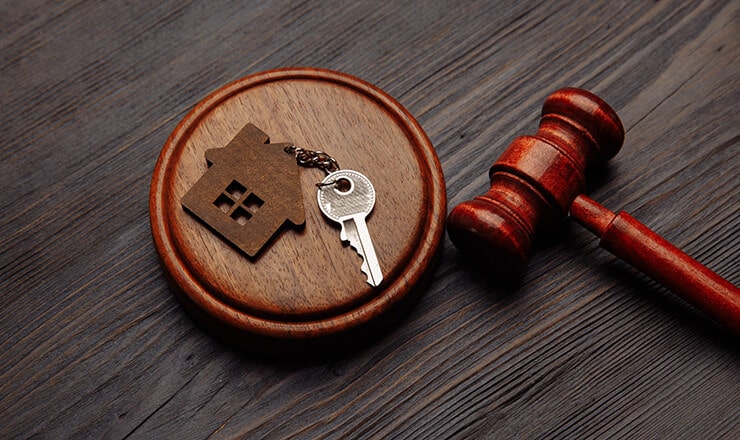Landlords are looking for a way out amid the federal eviction moratorium. Unpaid rent is mounting, and anyone with a mortgage on their rental property fears foreclosure.
Federal and state authorities continue to impose moratoriums on evictions out of concern for the spread of the new delta variant. But what does this mean for landlords?
What Does the Extension Mean for Real Estate?
The moratorium temporarily stops you from evicting your non-paying tenants. This extension will last till October 3rd. These halts started at the beginning of the pandemic and now millions of people owe billions of dollars in back rent.
Landlords can file for COVID Emergency Rental Assistance, but the $47 billion (so far) owed in federal rental assistance has been slow to pay out.
The number one reason for becoming a landlord is to earn a passive income. Rent payments help cover the mortgage, taxes, maintenance, utilities, and repairs on your rental. But no money means impending debt and foreclosure. The majority of landlords, big and small, therefore are selling their properties.
What Are Your Options?
Hold onto Your Properties
If you own your properties and are financially stable enough to afford their upkeep without rent payments, by all means hold onto them. You are in a better situation than most landlords.
Hopefully, you are not paying a double mortgage on the rental and your primary residence. If you fail to make payments on either property, foreclosure is almost certain.
Know the Exceptions
The moratorium provides exceptions to evicting your tenants. These exceptions include:
- Criminal activity
- Property damage
- Health ordinance violations
- Threatening the health and safety of other residents (does not include COVID-19)
- Breaking of other lease provisions
You may want to check with a lawyer or court authority to confirm moratorium exceptions.
Sell Your Rental
Typically, if you were to sell a rental, you’d wait till the tenant lease is up or transfer the lease agreement to the new owner. However, if you own a rental with non-paying tenants, damages, or liens, no traditional buyer will be interested.
Your best option, then, is to sell to a real estate investor. Most investors pay cash for a rental “as-is,” be it damaged, vacant, or have bad tenants still living there. An agreement can often be struck between you and the investor to settle liens with the cash proceeds, or the investor will shoulder the responsibility of paying them.
Investors do not require mortgage approval, traditional sale warranties or inspections. They also pay all closing costs and associated sale fees. The best part is you pick the closing date, which can be in several months, 30 days or less.
You can enjoy a quick closing, offload your problem rental, and maybe start over with a new rental in a better location, once the moratorium is removed.






